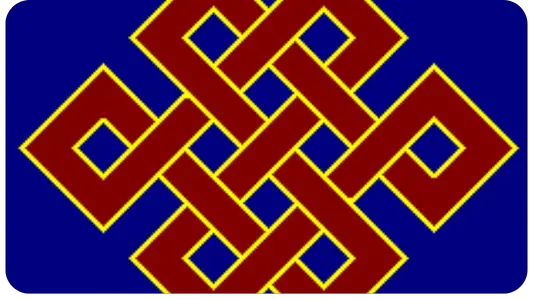Channa (Pali: Channa, Sanskrit: Chandaka), also known as The Divine Charioteer, was the royal servant and charioteer of Prince Siddhartha in the 6th century BC. Channa later became a disciple of Gautama Buddha and attained the arhat (enlightened) state of consciousness, according to verse 78 of the Dhammapada.
His life
Channa was a servant in King Suddhodana's court, in the personal service of Prince Siddhartha, who was pampered within the palace walls and lavished with all worldly goods so that he would be unaware of the sufferings of worldly people.
This was done because of a prophecy, prophesied by a scholar named Asita, that Siddhartha would one day abdicate the throne and choose the spiritual path and attain enlightenment on his own.
Channa was the charioteer when Siddhartha, after escaping from the palace, experienced four thought-provoking sights (an old man, a sick man, a corpse and an ascetic). The four sights, accompanied by Channa's explanations, made the prince decide to give up the worldly life and continue his life as a wandering monk, a popular practice at the time.
Channa first protested that Siddhartha should not leave him, and then saddled the prince's horse Kanthaka and led them out of the city to the edge of the Anoma River.
Later, after Siddhartha attained enlightenment through meditation as Gautama Buddha and returned to Kapilavastu, Channa joined him and joined the Sangha, a community of Buddhists. At first, he was domineering towards the other monks and often criticised the Buddha's two main disciples, Sairiputta and Maudgalyayana.
Just before the Buddha's parinirvana, Gautama asked his disciple Ánanda to use the mythological weapon brahmadanda against Channa, whereby the other monks would stop paying attention to Channa. Channa eventually repented his behaviour and apologised to the members of the community. Eventually, she too reached the level of Arhat consciousness.





